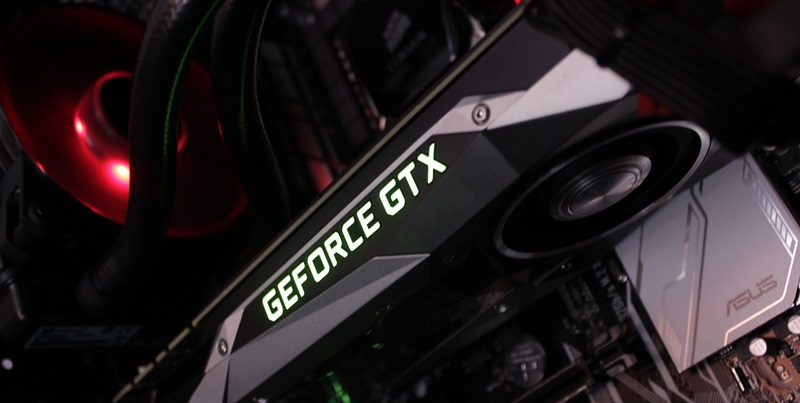The gaming and graphics card communities are abuzz with anticipation as Nvidia gears up to release its latest GeForce RTX 50 series “Blackwell” GPUs. With upgrades expected in memory configurations and overall performance, these GPUs promise to set new standards in the gaming and professional graphics arenas. The leaks and insider information that continue to surface only heighten the excitement around how these next-gen devices will reshape the landscape of immersive gaming and content creation.
Memory Configurations in RTX 50 Series
Predicted Flagship VRAM Capacity
Insiders suggest that the flagship GB200 chip of the RTX 50 series will maintain the 384-bit memory bus of its RTX 40 series predecessors. Expected to be paired with high-speed GDDR6X memory, the flagship model is likely to offer 24 GB of VRAM, ready to handle the needs of the most demanding gamers and professionals.
Memory Specifications Across SKUs
Different models within the RTX 50 series will cater to a range of users. Anticipated shifts to GDDR7 memory across various bus widths signal Nvidia’s commitment to improving performance while ensuring reliability and system compatibility.
Competitive Gaming and VRAM Demands
Meeting Modern Gaming Requirements
As graphics in gaming evolve, the VRAM demands increase accordingly. Nvidia’s reported 24 GB flagship model seems prepared to address the desires for high-resolution, detailed gaming worlds. Sufficient VRAM becomes not just a luxury but a necessity for gamers aiming to experience their games at the highest settings.
Competitive Pressures and Market Trends
Nvidia remains methodical in its VRAM allocations, likely influenced by competitor AMD and the evolving demands of game development. The strategy appears to be a balanced response to competitive forces and the needs of a market witnessing ever-increasing graphical complexities.
Design and Technological Considerations
Cooling System and Efficiency
Advanced thermal solutions will likely be a focal point for the RTX 50 series, capitalizing on the successful cooling systems of the Ada series. As Nvidia’s GPUs are expected to handle more intensive tasks, efficient cooling systems are becoming essential for performance and longevity.
Manufacturing Advancements
The progression to a 3nm manufacturing process represents a considerable technological leap for the RTX 50 series GPUs. This should lead to significant improvements in computational power and energy efficiency, heralding a new era of GPU performance and capability.
The Future of Nvidia GPUs
Consumer Expectations and Industry Direction
Nvidia acknowledges emerging expectations for higher VRAM and phenomenal performance. Intent on meeting these demands, Nvidia is at the vanguard of providing impactful VRAM advancements and shaping the future of immersive gaming.
Projected Launch and Enhancements
Predictions place the RTX 50 series launch roughly two years post-Ada lineup, suggesting a strategic enhancement of Nvidia’s GPU offerings. Anticipated advancements promise to redefine gaming visuals and performance, positioning Nvidia to drive industry evolution with this next-gen series.

